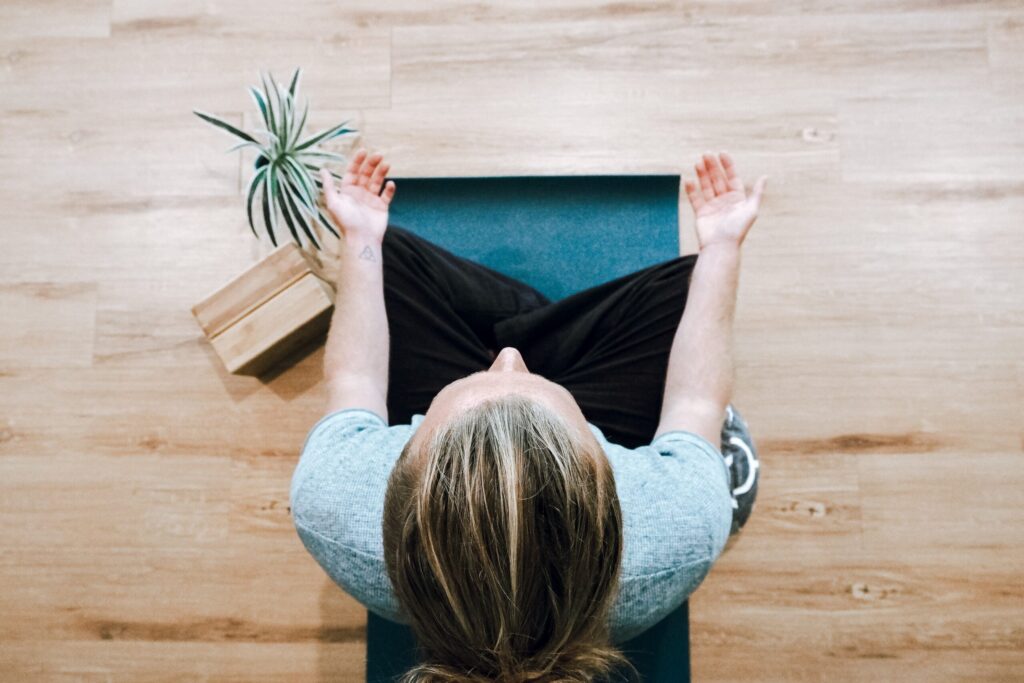Addiction recovery is a deeply personal and transformative journey, one that requires not only breaking free from substance dependence but also rebuilding a life rooted in health, purpose, and fulfillment. While the physical aspects of recovery often take center stage, the importance of mental health and emotional well-being cannot be overstated. This is where self-care comes in—a powerful tool that can help individuals manage stress, navigate cravings, and create a sustainable foundation for long-term sobriety. By building a wellness routine that prioritizes self-care, those in recovery can nurture their mental health and rediscover joy in their daily lives.
Managing Stress, Cravings, and Emotional Triggers
One of the most significant challenges in addiction recovery is learning to cope with stress, cravings, and emotional triggers without turning to substances. Self-care plays a crucial role in this process by providing healthy alternatives for managing difficult emotions and situations.
When stress levels rise, self-care practices like deep breathing, journaling, or taking a walk can help calm the mind and body. These activities create a sense of grounding, making it easier to resist the urge to relapse. Similarly, engaging in self-care can help individuals identify and address emotional triggers, such as loneliness, anger, or boredom, before they escalate. By incorporating self-care into their daily routine, individuals in recovery can build resilience and develop healthier coping mechanisms.
The Role of Mindfulness, Meditation, and Relaxation Techniques
Mindfulness and meditation are cornerstones of self-care that have been shown to support mental health during addiction recovery. These practices encourage individuals to stay present in the moment, reducing anxiety about the future or regrets about the past. For someone in recovery, this can be especially helpful in managing cravings, which often arise from feelings of discomfort or unease.
Meditation, even for just a few minutes a day, can help calm the mind and improve emotional regulation. Techniques like progressive muscle relaxation or guided imagery can also be effective in reducing stress and promoting a sense of peace. By making mindfulness and relaxation a regular part of their wellness routine, individuals in recovery can cultivate a greater sense of control over their thoughts and emotions.
Incorporating Physical Wellness: Exercise, Nutrition, and Sleep
Physical wellness is deeply intertwined with mental health, and self-care in recovery should include practices that support the body as well as the mind. Regular exercise, for example, has been shown to reduce symptoms of anxiety and depression, boost mood, and improve overall well-being. Whether it’s a brisk walk, a yoga class, or a workout at the gym, physical activity can be a powerful tool for managing stress and building confidence.
Nutrition is another critical component of self-care. A balanced diet rich in whole foods can help stabilize mood, improve energy levels, and support the body’s healing process. Staying hydrated and avoiding excessive caffeine or sugar can also contribute to emotional stability.
Sleep, often overlooked, is essential for mental health and recovery. Poor sleep can exacerbate stress, irritability, and cravings, making it harder to stay on track. Establishing a consistent sleep routine—such as going to bed and waking up at the same time each day—can improve sleep quality and support overall wellness.
The Impact of Environment on Maintaining Sobriety
The environment in which recovery takes place can have a profound impact on an individual’s ability to maintain sobriety. A cluttered, chaotic, or unsupportive environment can increase stress and trigger cravings, while a clean, organized, and positive space can promote peace and focus.
Self-care includes creating an environment that supports recovery. This might involve decluttering living spaces, surrounding oneself with uplifting decor, or setting boundaries with people who enable unhealthy behaviors. For some, this could also mean seeking out sober living environments or support groups where they feel safe and understood. By intentionally shaping their surroundings, individuals in recovery can foster a sense of stability and control.
The Importance of Hobbies, Creativity, and Social Connections
Recovery is not just about abstaining from substances—it’s about building a fulfilling and meaningful life. Hobbies, creativity, and social connections are essential components of self-care that can help individuals rediscover joy and purpose.
Engaging in hobbies, whether it’s painting, gardening, playing music, or cooking, provides a sense of accomplishment and distraction from cravings. Creative outlets can also serve as a form of emotional expression, helping individuals process their feelings in a healthy way.
Social connections are equally important. Building relationships with supportive friends, family members, or peers in recovery can provide a sense of belonging and reduce feelings of isolation. Participating in group activities or volunteering can also create opportunities for connection and personal growth.
Practical Tips for Creating a Personalized Wellness Routine
Building a wellness routine that supports recovery doesn’t have to be overwhelming. Here are some practical tips for getting started:
- Start Small: Begin with one or two self-care practices that feel manageable, such as a daily walk or a five-minute meditation session. Gradually add more activities as you build confidence.
- Set a Schedule: Incorporate self-care into your daily routine by setting aside specific times for activities like exercise, meal prep, or relaxation.
- Be Flexible: Recognize that self-care is not one-size-fits-all. Experiment with different practices to find what works best for you.
- Prioritize Consistency: Consistency is key to reaping the benefits of self-care. Even small, regular efforts can make a big difference over time.
- Seek Support: Don’t hesitate to reach out to a therapist, counselor, or support group for guidance and encouragement as you build your wellness routine.
The Necessity of Self-Care
Self-care is not a luxury—it’s a necessity for anyone navigating the challenges of addiction recovery. By prioritizing mental and physical wellness, individuals can manage stress, reduce cravings, and build a life that feels fulfilling and meaningful. From mindfulness and exercise to creating a supportive environment and fostering social connections, self-care offers a holistic approach to recovery that addresses the mind, body, and spirit.
As you embark on your journey to sobriety, remember that self-care is a powerful tool for healing and growth. By building a personalized wellness routine, you can create a strong foundation for lasting recovery and rediscover the joy of living a healthy, balanced life.






